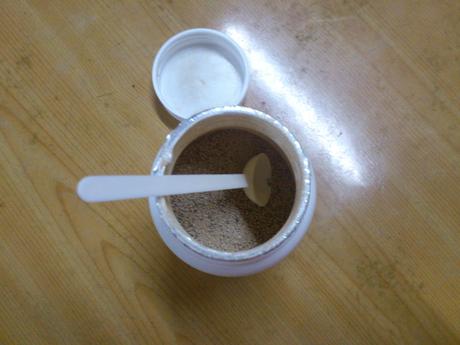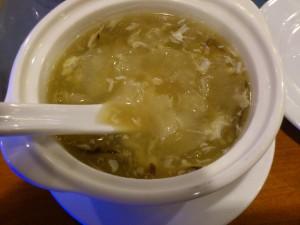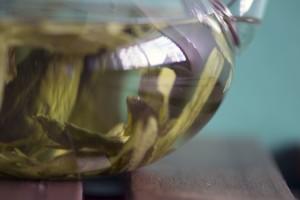On more than one occasion, a statement to this effect “tea originated in China as a medicine” pops up. This seems implies that at some point of time, tea ceased being regarded as a medicine and made the crossover to a ‘pure’ beverage.
Contemporary Concept of Medicine
Even to this day, often the question is asked “do you drink for taste or for health” as though these are mutually exclusive goals.
This probably has to do with the relatively modern concept of medicine being some form of pill, syrup or injection. The notion of consuming ‘medicine’ becomes that of a begrudging, remedial action of which no pleasure is derived.
Hence the word “medicine” or “medicinal” has negative connotation, at least in terms of the gastronomic value.
Traditional Chinese Medicine Concept of ‘Medicine’
For those who have come in contact with Traditional Chinese Medicine (TCM), you might realize that the distinction is finer.
TCM is rooted in traditional herbal remedies, many of which are used in cooking.
A good example is pepper.

In TCM nomenclature, the distinction between food and medicine is never clearly drawn, in fact an oft quoted phrase is “药食同源” which can be translated as “medicine and food come from the same source”.
In TCM concept, nothing is absolutely a ‘food alone’ or a ‘pure medicine’- at least traditionally.*
*In recent years, to fit the schedules of the average urban worker, TCM medicine has taken on the form of pills or powder to be mixed instead of a decocted herbal concoction.*
Hence in understanding the ‘medicinal’ or health contributive nature of tea, it must not be divorced from the concept that a ‘medicine’ continues to have gastronomic value.
Implications of the Marriage of Beverage and Medicine
This actually cuts both ways.
First let us look at it from a ‘gourmet’s perspective’.
A popular synonym for gastronomic delight is ‘epicurean’. It comes from ‘Epicurus’- a Greek philosopher whose defining ethos is pleasure being the ultimate good.
Hence the connotation of epicurean with hedonism or pursuing pleasure above all other goals, even to the detriment of other goals.
That could contribute to the belief that if you are a ‘true tea lover’, “health benefits be damned. Even if it causes cancer, something that tastes so good can’t be ignored”.
On the other side of the spectrum, there is the “I don’t care even if it tastes like horse excrement as long as I reap the health benefits”.
Equal Part Beverage and Medicine
The concept that both the beverage and medicine ‘components’- metaphorically speaking since they inseparable- are equally important can best be illustrated in ‘herbal soups’.

That doesn’t mean the soups taste horrid, in fact far from it, they are in my opinion some of the greatest delights known to man.
The Cantonese phrase that is often translated as ‘herbal soup’ is “靓汤” or ‘leng tong’ which literally means “beautiful soup”.
This implies the gastronomic delight of the soup is of paramount importance.
Yet the health aspect is not overlooked.
No one in Singapore better exemplifies this spirit as Imperial Herbal Restaurant which has a Chinese physician on hand to provide a free health check on demand.
Did I mention the food there is delicious?
Drinking Tea for Health AND for Taste
Personally, I feel that because tea is a gastronomic delight, the health implication matters to me.
I could not be bothered if Coke causes cancer- this is purely illustrative, please don’t sue me- since I consume probably less than 2 cans in an entire year.
On the other hand, having drank green tea for over a decade, I can personally feel the implication of the TCM nature of teas- i.e. ‘cooler teas being less suited for older folks’- having to cut back on consumption. Many long time tea drinkers I know too share a common shift away from green tea as they age.

On the other hand, drinking for health should never be an excuse to drink poor tasting tea. In this article I talked about how some of the health contributing compounds are responsible for the taste attributes that delight us.
In addition, if you study the research on tea, much of it is either based on laboratory environments- injected ECGC extracts- or daily consumption over a sustained period.
If your tea tastes horrid to you, it is torturous to consume 4-5 cups daily for 6 months, which is a typical research setting.
In other words, even if you are drinking primarily for health benefits, don’t neglect the taste aspect of it. Find a tea you like- not one that gives you the highest antioxidants or whichever your health goals are.
Great tasting teas are readily available and there is no conflict between taste and health.
Equal part medicine, equal part beverage- that is the beauty of tea.
See here for more articles related to tea and health
